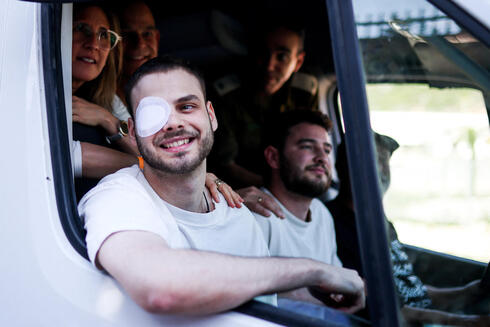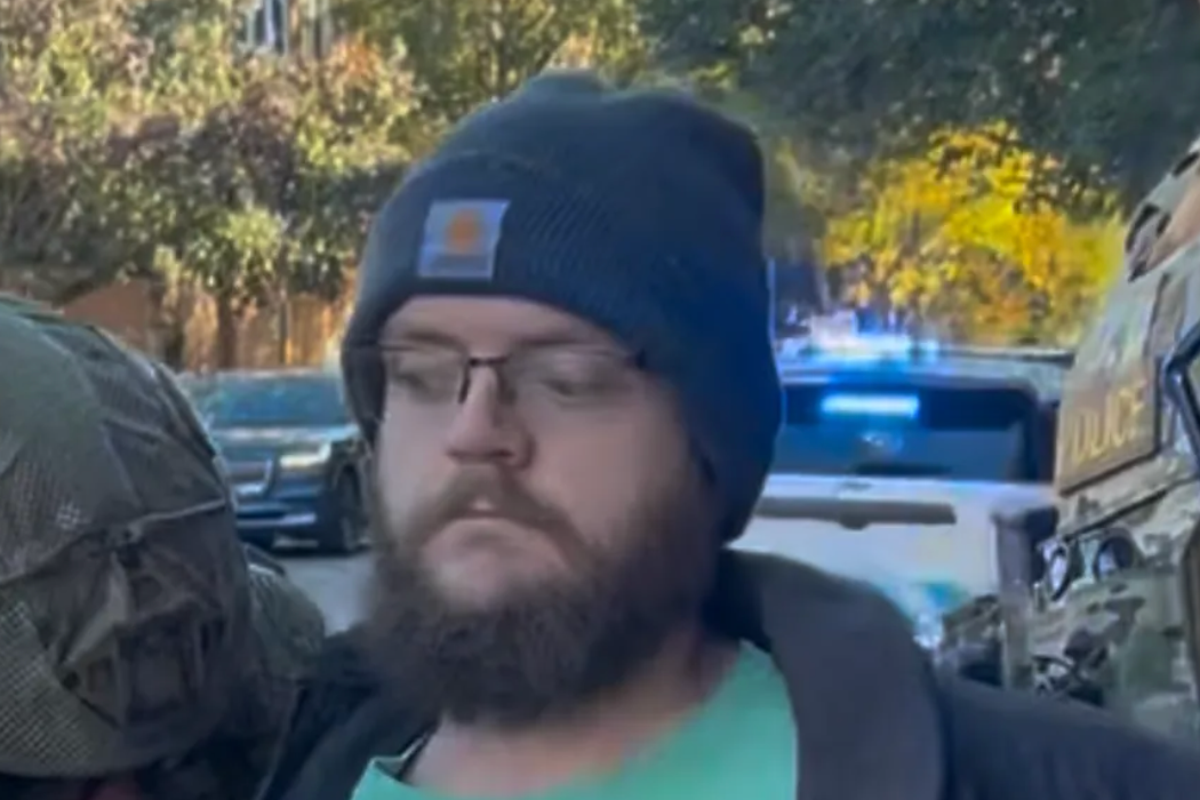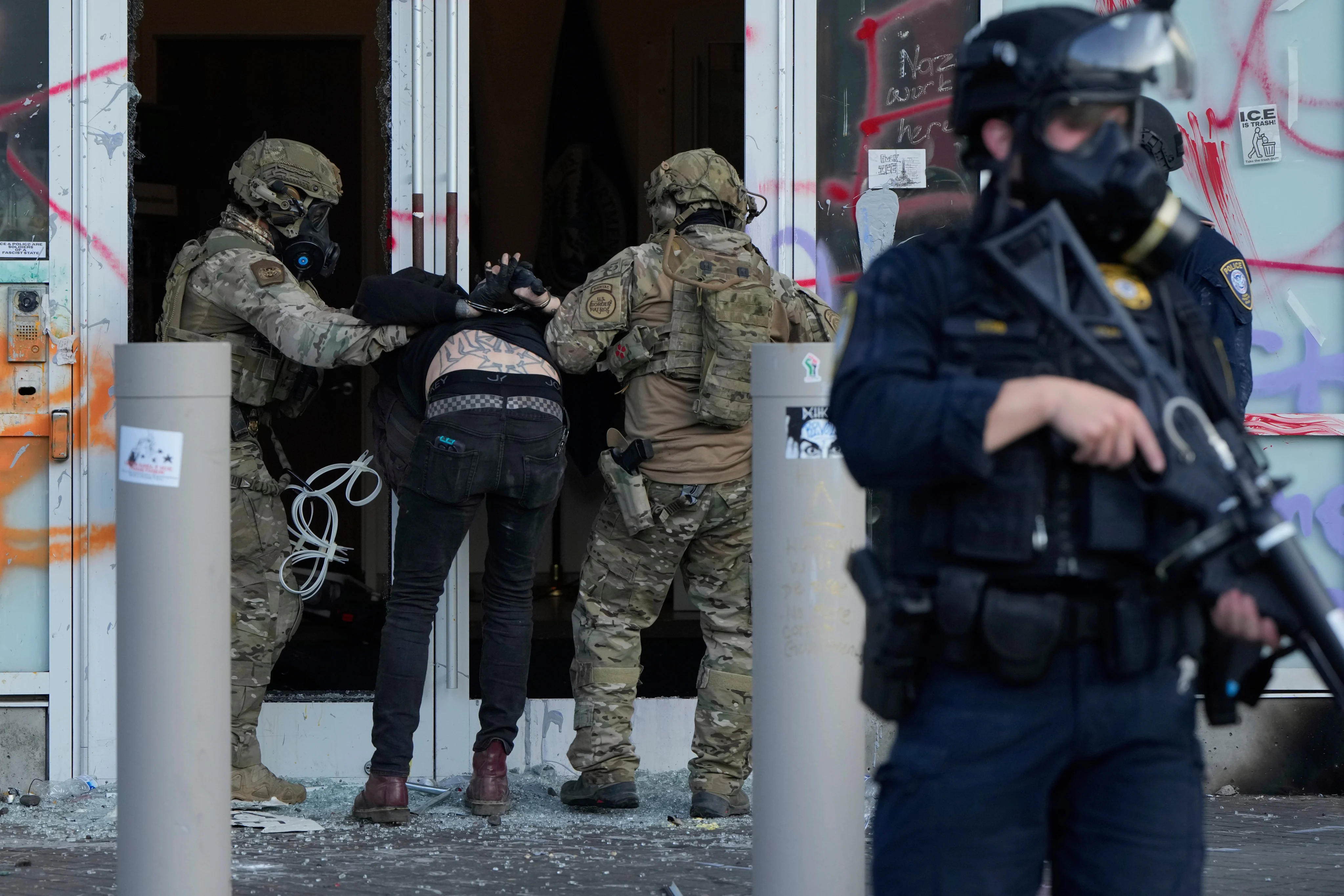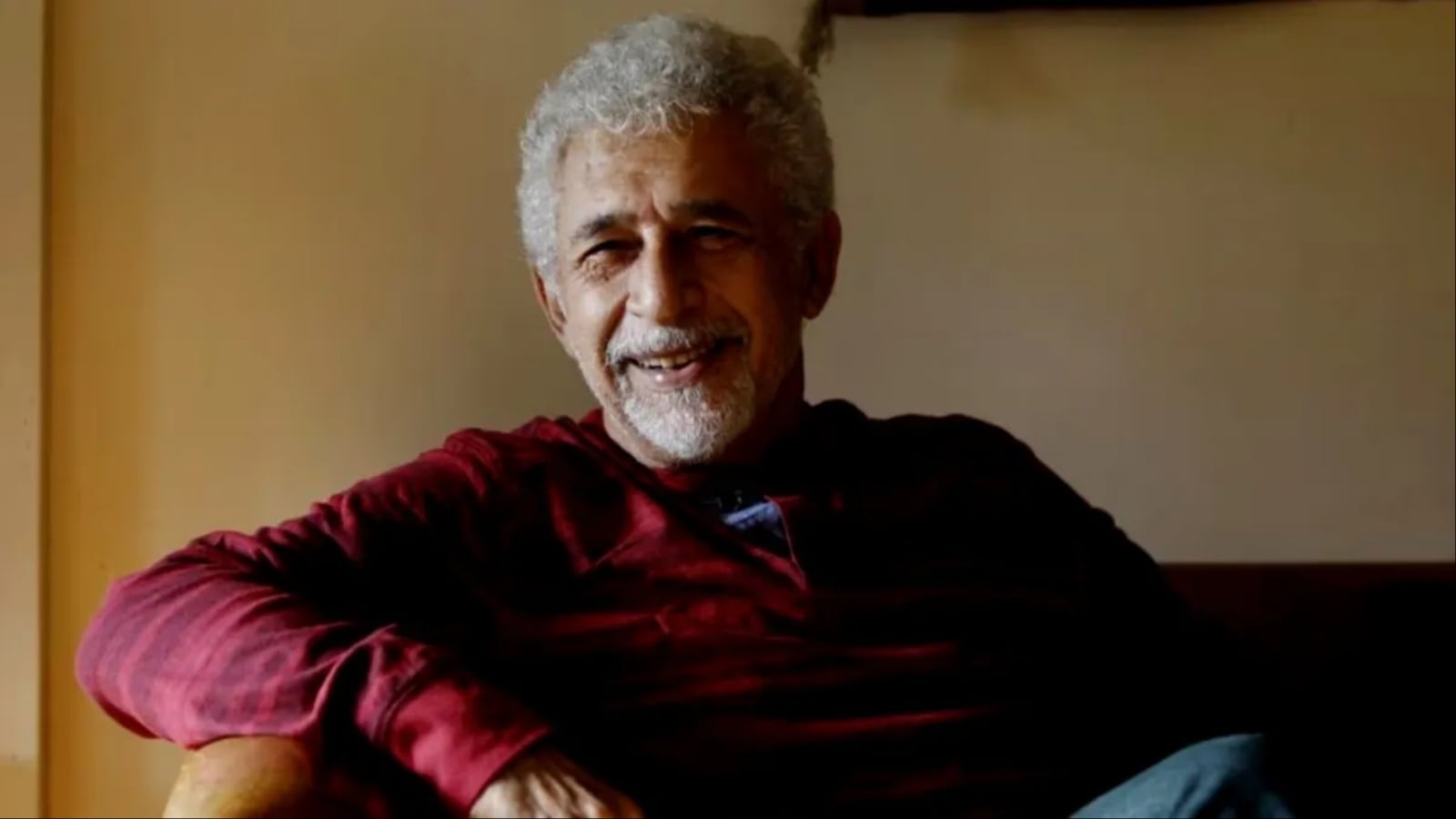Copyright ynetnews

Four days after his son Alon Ohel was released from Beilinson Hospital and returned home to the northern community of Misgav, Kobi Ohel said Tuesday that his family is still processing the end of a 738-day nightmare that began when Alon was taken hostage by Hamas terrorists from the Nova music festival on Oct. 7, 2023. Speaking to the ynet, Ohel described the joy, pain, and long road ahead for his 24-year-old son, a pianist and musician who spent more than two years in captivity in Gaza before being rescued and brought home earlier this month. “Alon is getting stronger every day—it’s a rebirth,” Kobi said at the start of the interview. “For two years we lived in madness, uncertainty and terrible worry. Then, in one day, everything changed. From the moment we saw Alon in Re’im and hugged him—it happened.” Describing his son’s recovery, Kobi said rehabilitation will be a lengthy process. “A long journey awaits him,” he said. “He went through a very difficult captivity, both physically and mentally. This is the next stage—it’s hard, but it’s also joyful. The struggle isn’t simple. He went through a period of starvation we’ve heard his stories. The hardest part for me was hearing him describe that time—he told me, ‘For months we couldn’t stand or walk. We just lay there. I looked and saw skin and bones.’ He wanted to keep his mind sharp, to stay sane. Idit [his mother] also sent him energy.” Kobi said Alon, though cut off from the outside world, was aware of public demonstrations demanding the release of the hostages. “They showed him a few pictures of people holding signs with his face, and after his release he told me, ‘How can people who don’t even know me hold up my picture?’ It gave him strength to know that people were doing everything they could,” he said. Kobi also addressed reports from other released hostages that the captives’ conditions worsened after statements made by National Security Minister Itamar Ben-Gvir. Released hostages Bar Kupershtein and Segev Kalfon previously said the Hamas terrorists responded to such remarks by tightening restrictions and reducing food. “Yes, Alon spoke about it,” Kobi said. “During times of fighting, when their captors or their families suffered losses, Alon suffered too. The conditions got worse. The starvation was deliberate—it was a decision to starve them.” He said his son could tell when the situation outside Gaza changed. “He understood because he saw they had food—it wasn’t that there was none. He could tell by the timing what was happening outside. He always knew how to protect himself and to believe he’d survive. That was something we on the outside also believed in, together with Israeli society that stood by us. He constantly worked on his mindset. His victory is his release—his return, and the return of the living hostages.” For the last seven months of his captivity, since the previous hostage exchange, Alon was held alone after the others imprisoned with him were freed. “Realizing they were leaving and he was staying behind—that was a very hard moment,” Kobi said. He credited Eli Sharabi, who was held with Alon earlier in captivity, with helping prepare him for that isolation. “One of the gifts Alon received was Eli Sharabi. Eli prepared Alon for the hardest period of his captivity. Alon spent seven months alone. At first, realizing he was alone was tough, but he came to understand that even though he was by himself, there were many people thinking of him and with him in spirit.” “What did Eli tell him? We’ve heard part of it—that’s between them,” Kobi added. “Their bond remains powerful and strong. That’s also part of both of their healing. The fact that Alon wasn’t exposed to the outside world actually made him stronger within himself. He told me he wants to focus on two things: to say, ‘I’m not a survivor of captivity, I’m a symbol of hope,’ and to work on the issue of hunger—to go where hunger exists and help stop it.” Sharabi, whose brother Yossi Sharabi was killed in Gaza, has described Alon as “a gift.” Alon Ohel, a 24-year-old pianist and musician, was kidnapped by Hamas terrorists from the Nova music festival near Re’im on Oct. 7, 2023, the day of the terror group’s deadly assault on southern Israel. He was held in Gaza for more than two years. For most of that time, he was kept in a tunnel deep underground until he was moved about six weeks before his release to another tunnel in central Gaza, where he was used as a human shield. His fellow captives, Eli Sharabi and Eliya Cohen, said that even under the harshest conditions, “Alon would play music in his head, hearing the notes.” During captivity, Alon suffered injuries to his head and eye. His family has launched a crowdfunding campaign to support his lengthy rehabilitation. “Alon has a very long road ahead—this kind of recovery can last a lifetime,” Kobi said. “The state provides a basic framework, but Alon’s life was halted and damaged these past two years. As parents, we take care of our children and surround them with love. I want Alon to have the chance to achieve whatever he wants in life, to reach the best places possible.” Asked if anything has particularly made Alon happy since returning home, Kobi said his son has reconnected with artists and musicians. “Connecting with artists opens possibilities for him,” he said. “He’ll choose what he wants. There’s a vision to create a big performance—that’s the next step. Right now, we’re running the crowdfunding campaign anyone who searches ‘Alon, You’re Not Alone’ on Google can help. The next step is to put on a major show that connects Alon with Israeli society—he’ll perform, play, and most of all reconnect with people through music. For two years he couldn’t choose—now it’s all his choices.” When Alon arrived home in Misgav four days ago, residents greeted him warmly, waving Israeli flags at the junction. Smiling and emotional, he said: “From here, we rise up and move forward. Thank you, people of Israel. The love is overwhelming—it’s not taken for granted.” When asked when he’ll return to the piano, Alon replied: “Slowly, we’re working on it.”



